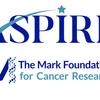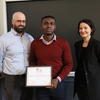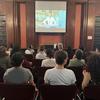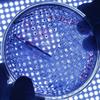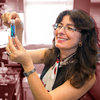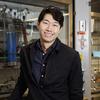BROWSE NEWS & EVENTS
Feature Your Research
Contact: Yahya Chaudhry
Communications and Outreach Manager
Department of Chemistry and Chemical Biology
Copyright © 2024 The President and Fellows of Harvard College | Accessibility | Digital Accessibility | Report Copyright Infringement

